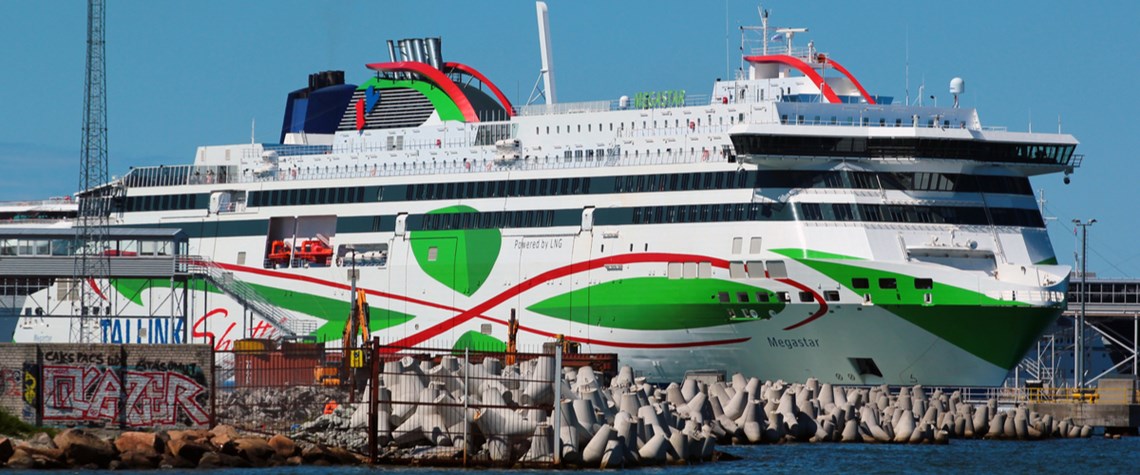LNG to fuel shipping, perhaps to a hydrogen future
Small-scale LNG appears set to take a leading role in the decarbonisation of shipping. But to achieve the IMO’s 2050 target, the industry may well need to turn to hydrogen
The International Maritime Organization (IMO) has set ambitious targets for decarbonisation that will tighten over the next three decades: from a reduction of at least 40pc by 2030 to 70pc by 2050. LNG is increasingly seen as a solution in the near term, with substantial decarbonisation benefits and the most developed supply globally of any alternative to bunker fuel. But to hit the 70pc target, it is hard to imagine a solution that does not involve hydrogen. To discuss the matter, Petroleum Economist caught up with three experts from PwC's Strategy&: Giorgio Biscardini, partner; Rafael Schmill, associate partner; and Adrian Del Maestro, director. The three experts recently launched a re

Also in this section
18 February 2026
Norwegian energy company has dropped a major hydrogen project and paused its CCS expansion plans as demand fails to materialise
4 February 2026
Europe’s largest electrolyser manufacturers are losing patience with policymakers as sluggish growth in the green hydrogen sector undermines their decision to expand production capacity
2 February 2026
As a fertiliser feedstock, it is indispensable, but ammonia’s potential as a carbon-free energy carrier is also making it central to global decarbonisation strategies
28 January 2026
The development of hydrogen’s distribution system must speed up if the industry is to stand any chance of grabbing a meaningful slice of the low-carbon energy market







